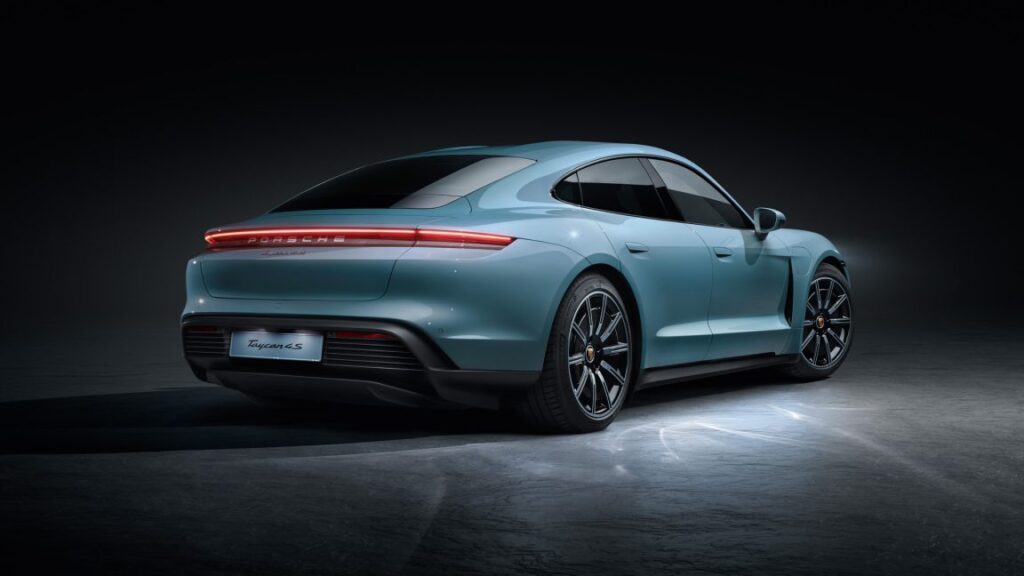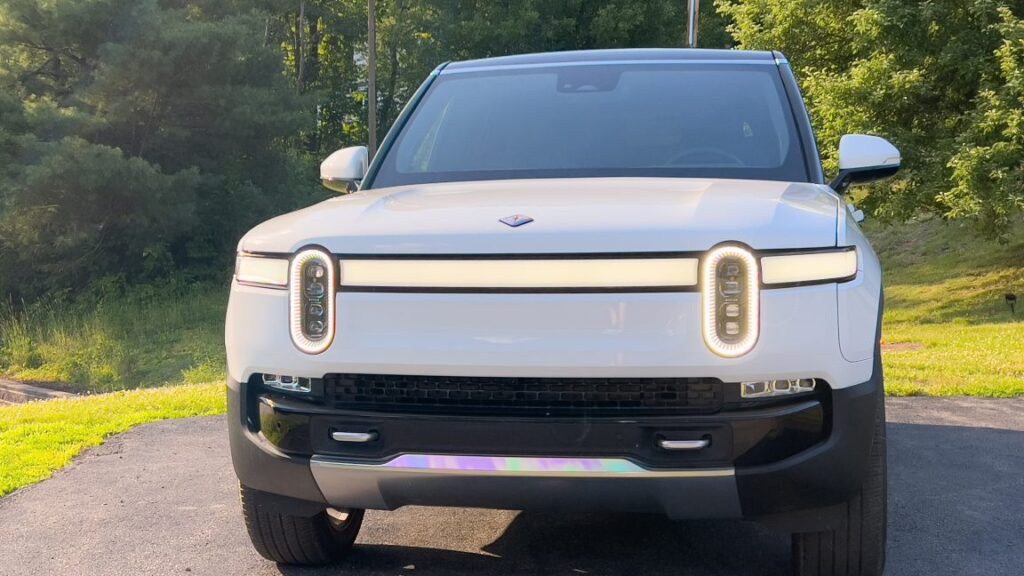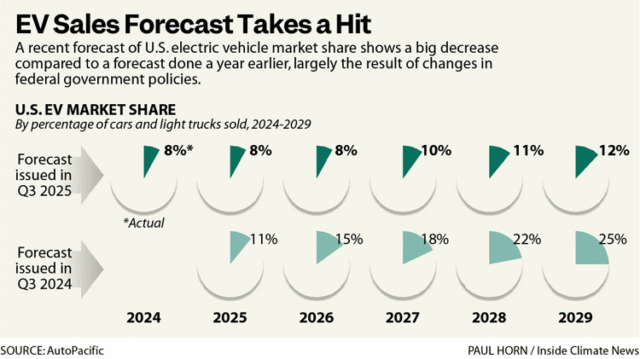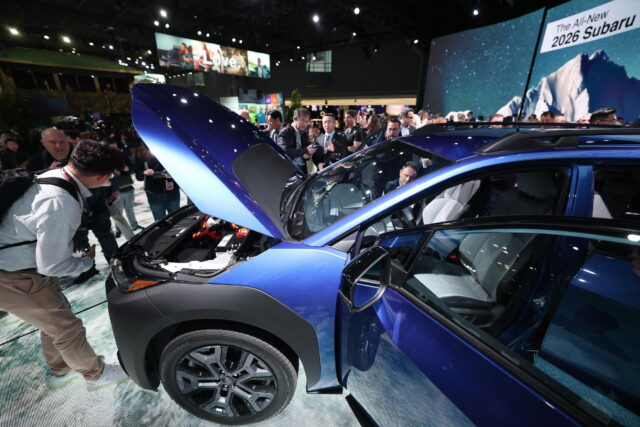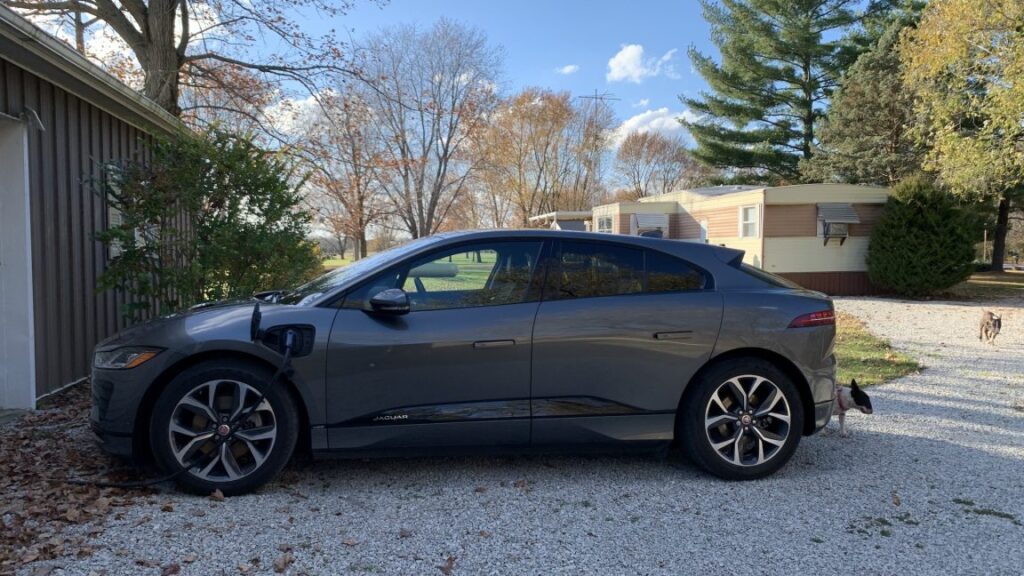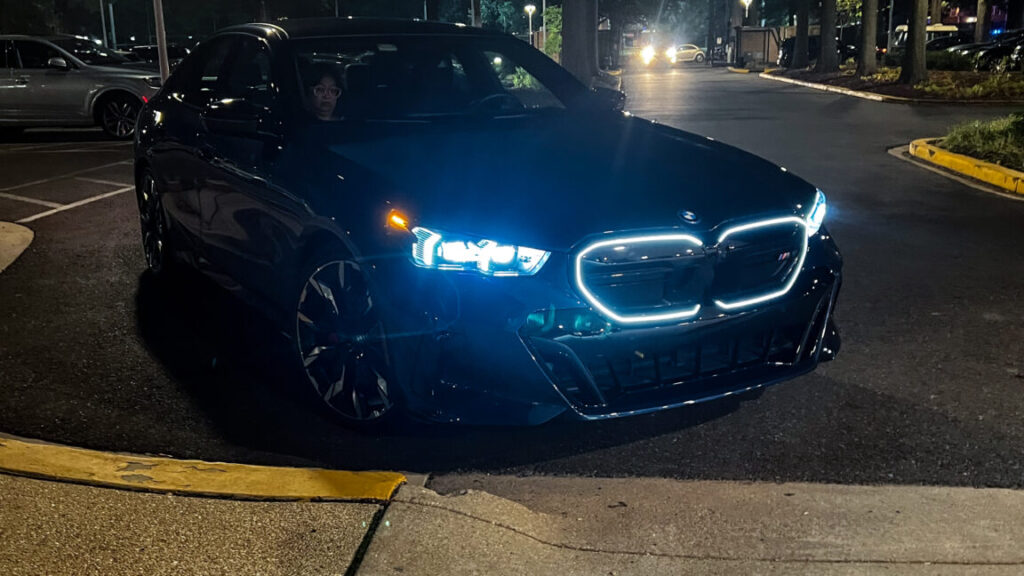Porsche does U-turn on electric vehicles, will focus on gas engines
Porsche had bet on electrification in the wake of Volkswagen Group’s Dieselgate emissions cheating scandal but had been “too bullish,” said Metzler Research analyst Pal Skirta.
The sports-car maker’s challenges have been compounded by its struggles in China and the US, its two most important markets. In China, previously boasting strong growth and healthy profits, sales slumped by almost 40 percent between 2022 and 2024 as local rivals emerged.
In the US, new tariffs imposed by President Donald Trump will foreseeably apply to every unit sold. Unlike rivals, Porsche does not have a factory locally and imports all its vehicles from Europe.
The effects of the crisis are already being felt at Porsche’s factories. The company said earlier this year it would cut 3,900 jobs by 2029, the equivalent of 9 percent of its workforce, and it is in talks with unions about more cost savings.
Porsche will have to smooth out persistent EV product delays because of software problems, where Chinese newcomers have set the standard in recent times. In a recent interview with the Financial Times, Sajjad Khan, Porsche board member for IT and software, said the quality of its products and technologies would be better in 2026 and 2027. “We have to work hard to execute perfectly,” Khan said.
Leiters may be one of the few well-placed executives to lead Porsche, but one question he faces will be how to preserve the premium status of its vehicles. His former employer Ferrari has thrived on scarcity of its sought-after supercars, but analysts have long wondered how Porsche will square its high prices with a push to sell more cars.
The German group’s U-turn on combustion engines also raises questions over its aim to establish itself as a maker of premium EVs.
“That’s the risk of the strategy that they will focus again too much on combustion engine vehicles, and then we’ll lose the EV race in the long run,” said Skirta.
© 2025 The Financial Times Ltd. All rights reserved. Not to be redistributed, copied, or modified in any way.
Porsche does U-turn on electric vehicles, will focus on gas engines Read More »
